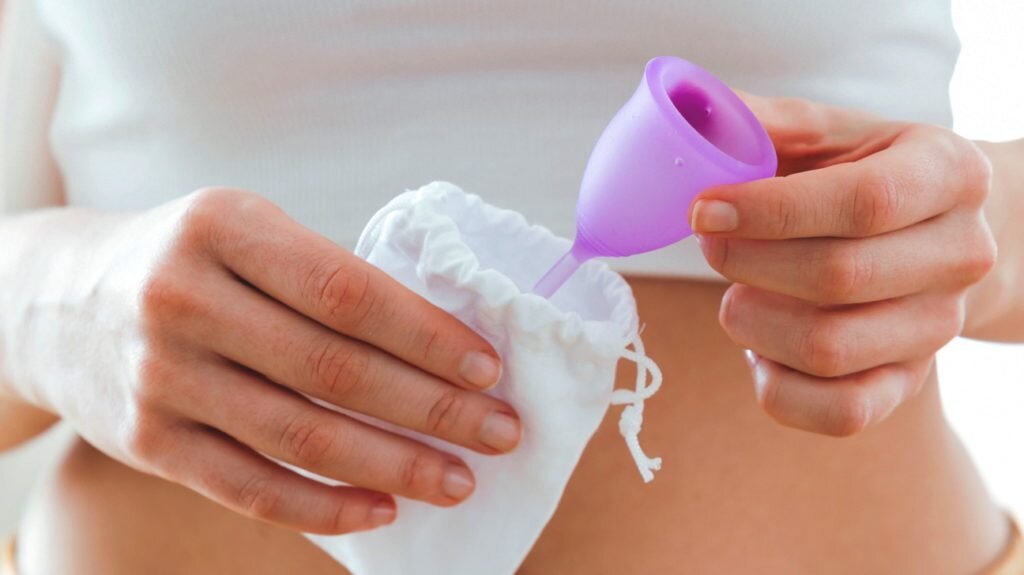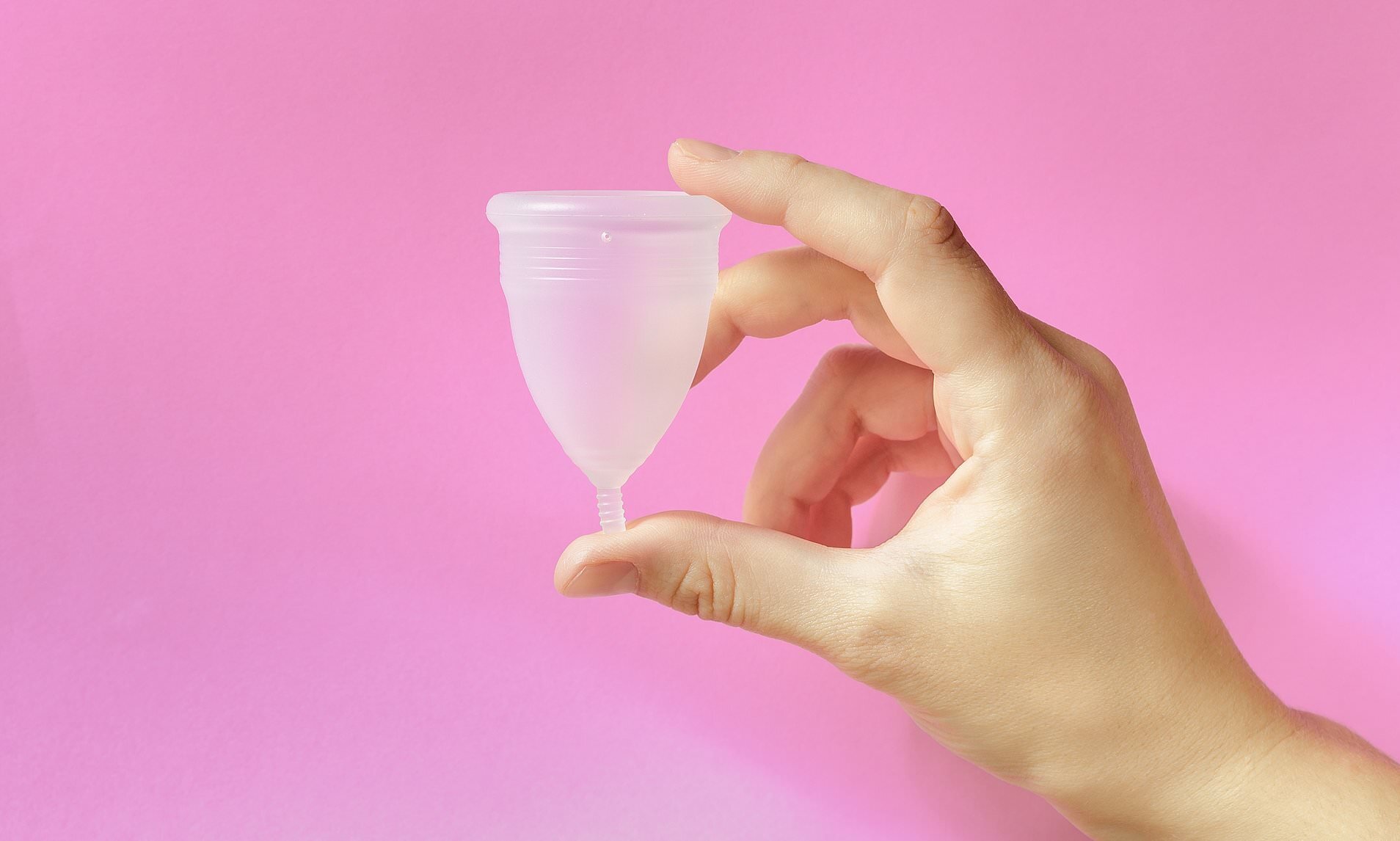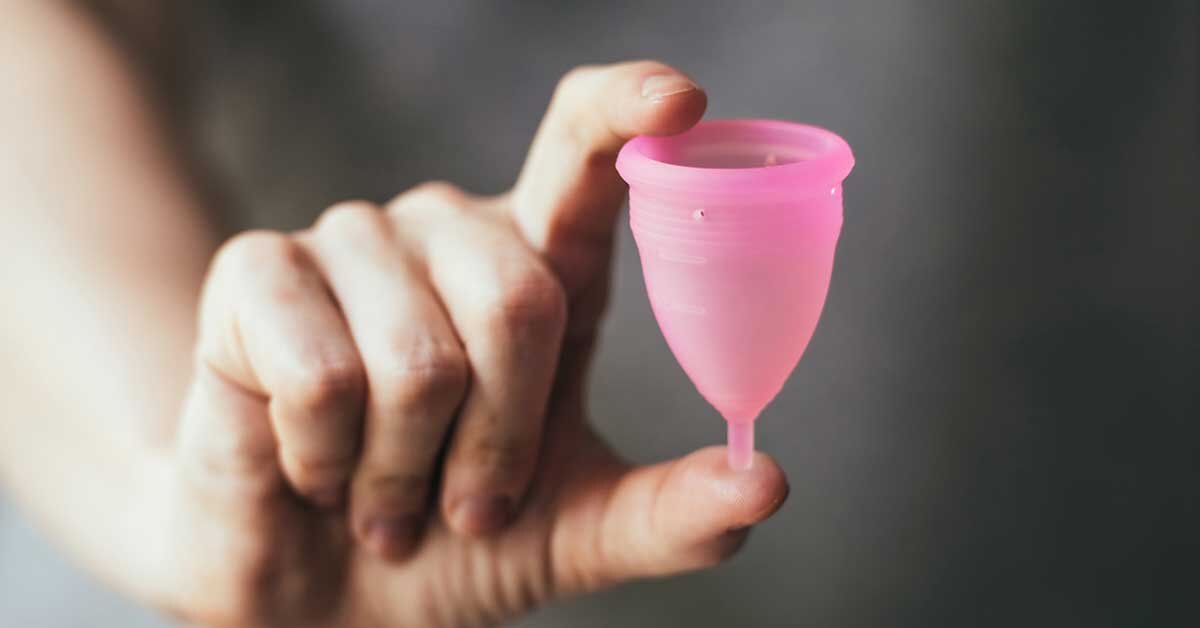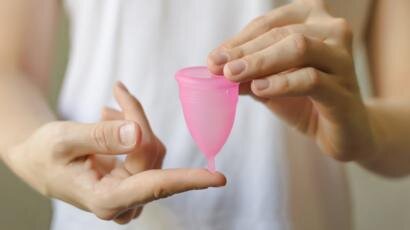Further Information
Have you ever heard of Heavy Menstrual Bleeding (menorrhagia)?
Menorrhagia is one of the most common reasons for referral to a gynaecologist.
According to the National Institute of Health and Care Excellence (NICE), about 1 in 20 women aged between 30–49 years consult their GP each year because of heavy menstrual bleeding (HMB) or menstrual problems.
However, it is thought that up to 30% of women experience HMB, with many not consulting a healthcare professional.
Conditions associated with HMB include endometriosis, fibroids, polyps and others.
According to Wellbeing for Women:
Only 1 in 2 women feel comfortable talking with someone they know about whether their periods are heavy or light.
Over half (55%) of women and girls have taken time off work in relation to their period.
3 in 5 (60%) of all women and girls have taken time off school/college/university in relation to their period.
Women with HMB have described feeling anxious, embarrassed, and that their lives were disrupted due to heavy periods.
Yet, many women aren’t aware of the signs of HMB, as found by Wellbeing for Women:
More than 6 in 10 women didn’t know that avoiding daily activities because of bleeding can be a sign of HMB.
49% of women didn’t know that periods lasting more than 7 days are also a sign of HMB.
At the same time, many girls in the UK face period poverty: two fifths (40%) have had to use toilet roll because they can’t afford proper sanitary products.
NICE has published an updated Quality Standard for HMB which sets out the priority areas for quality improvement for commissioners, service providers, health practitioners and regulators. Read more here.





